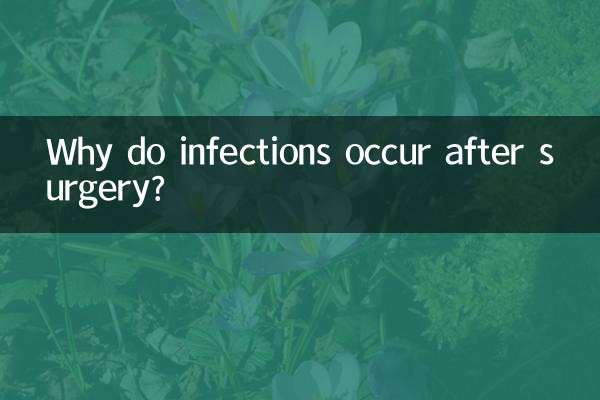Why are you allergic to fish? ——Analysis of the causes and countermeasures of fish allergy
In recent years, fish allergy has become a health issue of increasing concern to people. Many people enjoy the delicious taste and nutrition of fish but have to stay away due to allergic reactions. So why are you allergic to fish? This article will analyze the causes of fish allergies from a scientific perspective, and provide relevant data and suggestions for response.
1. Common symptoms of fish allergy

Fish allergy usually presents with the following symptoms:
| Symptom type | Specific performance |
|---|---|
| skin reaction | Itching, redness, swelling, hives |
| digestive system reaction | Abdominal pain, diarrhea, nausea, vomiting |
| Respiratory system reaction | Wheezing, difficulty breathing, and swelling of the throat |
| severe reaction | Anaphylactic shock (rare but dangerous) |
2. Main causes of fish allergy
Fish allergies are caused when the immune system overreacts to certain proteins in fish. Here are some of the main proteins that cause allergies:
| protein type | primary source | Allergy mechanism |
|---|---|---|
| Parvalbumin | almost all fish | The immune system mistakes it for harmful substances and triggers an IgE antibody response |
| collagen | Fish skin and connective tissue | Some people are sensitive to it |
| other proteins | Enzymes or hormones in fish | May cause allergies in individual cases |
3. Epidemiological data on fish allergy
According to global allergy research data, the distribution and incidence of fish allergies are as follows:
| area | Allergy incidence | High-risk groups |
|---|---|---|
| nordic countries | About 0.5%-1% | children and teenagers |
| coastal areas of asia | About 0.3%-0.8% | Mostly adult women |
| North America | About 0.4%-1.2% | No significant gender differences |
4. How to deal with fish allergy?
1.Avoid eating fish: After the allergy is diagnosed, fish and its products, including fish soup, fish oil, etc., should be strictly avoided.
2.Read food labels: Many processed foods may contain fish ingredients, so check the ingredient list carefully when purchasing.
3.Carry allergy medication with you: If your doctor recommends, carry an epinephrine auto-injector (such as an EpiPen) in case of an emergency.
4.Consult a professional doctor: People with severe allergic symptoms should seek medical treatment promptly and receive professional diagnosis and treatment plans.
5. The difference between fish allergy and other seafood allergies
Many people confuse fish allergies with shellfish allergies, but the two are different:
| type | Major allergens | Common symptoms |
|---|---|---|
| fish allergy | parvalbumin | Skin and digestive system reactions |
| shellfish allergy | Tropomyosin | Respiratory reactions are more common |
6. Future research directions
Scientists are exploring ways to reduce the risk of fish allergies through gene editing or immunotherapy. For example, reducing the amount of parvalbumin in fish or helping desensitize patients through gradual exposure therapy.
Although fish allergy is distressing, with scientific understanding and correct management, patients can still maintain a healthy quality of life. If you suspect that you or a family member has a fish allergy, please seek medical attention promptly.

check the details

check the details